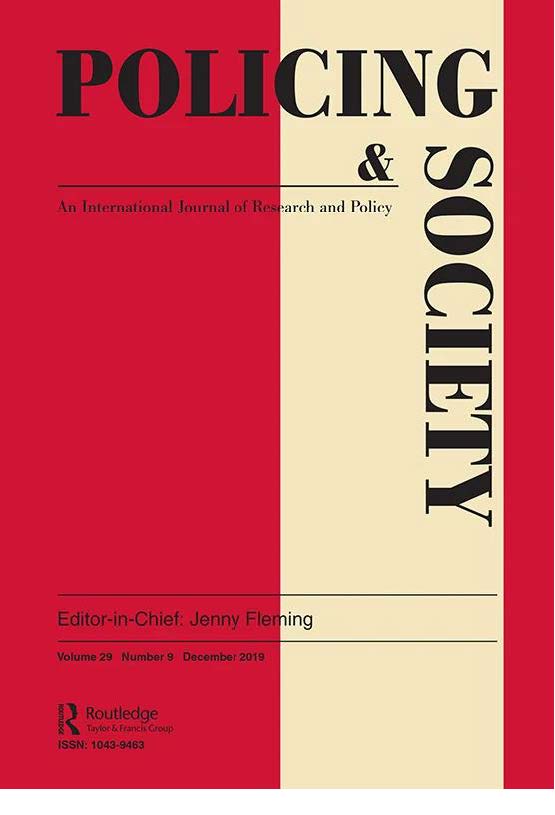Abstract
The present review is a presentation of the study Mimicking “broken windows” policing in post-Soviet cities: expanding social control in uncertain times by Erica Marat published in the international journal of Research and Policy Policing and Society on 8th March 2018 and is part of the author’s book The Politics of Police Reform: Society against the State in Former Soviet Countries. In the first half of the study the writer takes a stand regarding the rise of “broken windows” theory after which she presents the background and the bases of the introduction of zero tolerance in the examined countries, namely Kazakhstan and the Ukraine, by highlighting the similarities and differences in the circumstances establishing the execution. Next, she gives a detailed description of the Kazakh and the Ukrainian policing scheme. In the review I wish to highlight the value of the study while doing research on police reforms, and also point out the standpoint I find irrelevant and which equates “broken windows” theory and the use of zero tolerance.

